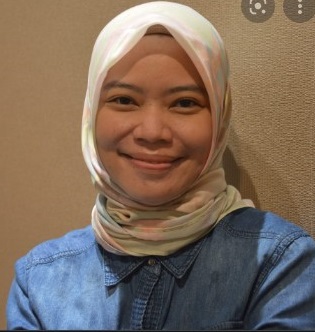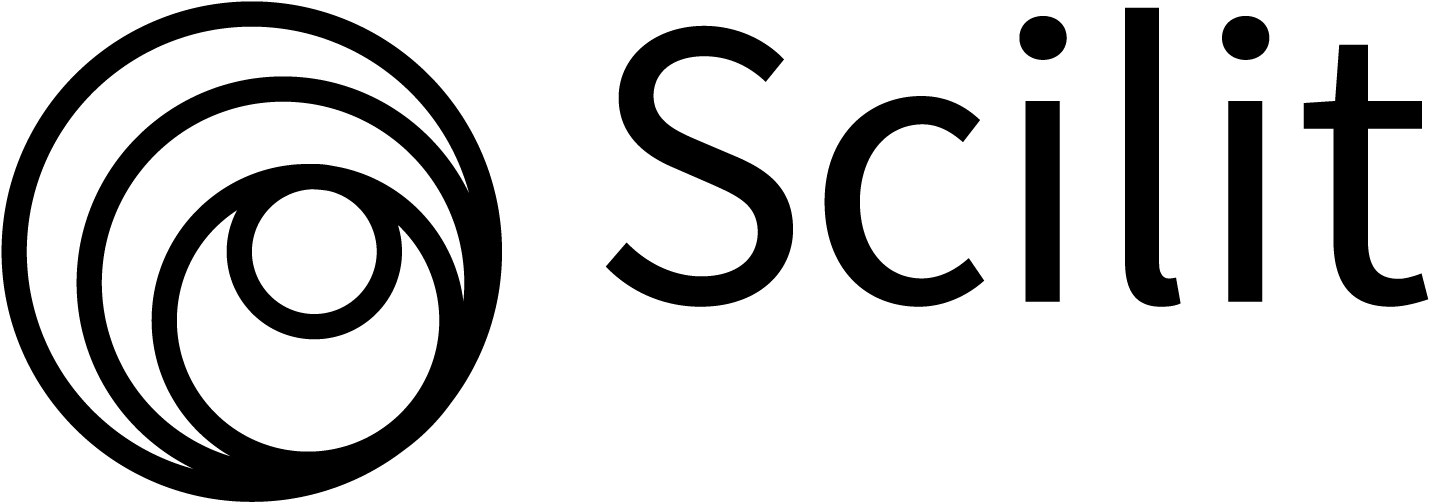Navigating the Impact of ChatGPT/GPT4 on Legal Academic Examinations: Challenges, Opportunities and Recommendations
Downloads
Abstract
In this paper we explore the impact and implications of AI-driven language systems like ChatGPT/GP-T4 on academic paper writing in the context of universities and other higher educational institutions. We discuss the role of ChatGPT/GPT-4 in aiding students and researchers to streamline the writing process, overcome language barriers, and enhance productivity, while also analysing the potential risks of AI-generated content such as plagiarism, loss of critical thinking skills, and reduced creativity in academic writing. To address namely the issue of paraphrasing plagiarism facilitated by tools like ChatGPT/GPT-4, strengthening plagiarism detection methods might be a solution. However, it is crucial to promote awareness among students and researchers regarding the ethical implications of using AI in academic writing. In the future, the qualification of a text written with ChatGPT/GPT-4 will become more questionable as the border between plagiarism and automated creation is no longer clear. Additionally, we emphasize the importance of proper AI system usage and control, as well as the development of critical skills required to succeed in future professional settings. We propose various strategies for educational institutions to address these concerns and maximize the potential of AI tools, including promoting ethical AI usage, incorporating AI into the educational curriculum, and developing guidelines and regulations surrounding the use of AI in academic settings. By embracing and guiding the integration of AI technologies like ChatGPT/GPT-4 in academic paper writing, institutions can empower students and researchers to harness the full potential of these tools while maintaining academic integrity, fostering the development of critical skills, and supporting the international competitiveness of non-native English speakers in academic research.
Keywords: ChatGPT; Plagiarism; University examinations; AI-assisted writing; Legal education.
References
Ampuni S and others, ‘Academic Dishonesty in Indonesian College Students: An Investigation from a Moral Psychology Perspective' (2020) 18 Journal of Academic Ethics 395 <https://link.springer.com/article/10.1007/s10805-019-09352-2> accessed 30 April 2023.
Atlas S, ChatGPT for Higher Education and Professional Development: A Guide to Conversational AI (Independently Published 2023) <https://digitalcommons.uri.edu/cba_facpubs>.
East J, ‘Judging Plagiarism: A Problem of Morality and Convention' (2010) 59 Higher Education.
European Commission, ‘Intellectual Property in ChatGPT' <https://intellectual-property-helpdesk.ec.europa.eu/news-events/news/intellectual-property-chatgpt-2023-02-20_en> accessed 30 April 2023.
Hütwohl M, Einführung in Das Recht (1st edn, CHBeck 2020).
Jochen Schiller in Yücel D, ‘Künstliche Intelligenz Der Plappernde Papagei Im Netz' (2023) <https://www.tagesspiegel.de/kunstliche-intelligenz-der-plappernde-papagei-im-netz-9381044.html> accessed 30 April 2023.
Lines L, ‘Ghostwriters Guaranteeing Grades? The Quality of Online Ghostwriting Services Available to Tertiary Students in Australia' (2016) 21 Teaching in Higher Education 889 <https://doi.org/10.1080/13562517.2016.1198759>.
Lukashenko R, Graudina V and Grundspenkis J, ‘Computer-Based Plagiarism Detection Methods and Tools: An Overview', Conference Proceedings CompSysTech '07 (2007) Art No 40:1–6. Rousse, Bulgaria.<https://doi.org/10.1145/1330598.1330642> accessed 30 April 2023.
Lund BD and Wang T, ‘Chatting about ChatGPT: How May AI and GPT Impact Academia and Libraries?' (2023).
Mollick ER and Mollick L, ‘New Modes of Learning Enabled by AI Chatbots: Three Methods and Assignments' (2022) SSRN Electronic Journal.
Ute Schmid in Pietschmann O and Dernbach C, ‘ChatGPT: ‘System Kaum Kritisch Reflektiert'' (Forschung und Lehr, 2023) <https://www.forschung-und-lehre.de/zeitfragen/forschende-zu-chatgpt-system-kaum-kritisch-reflektiert-5363> accessed 30 April 2023.
Smerdon D, ‘Why Does ChatGPT Make up Fake Academic Papers?' (Twitter.Com, 2023) <https://twitter.com/dsmerdon/status/1618816703923912704> accessed 30 April 2023.
Copyright (c) 2023 Stefan Koos, Sebastian Wachsmann

This work is licensed under a Creative Commons Attribution 4.0 International License.


















